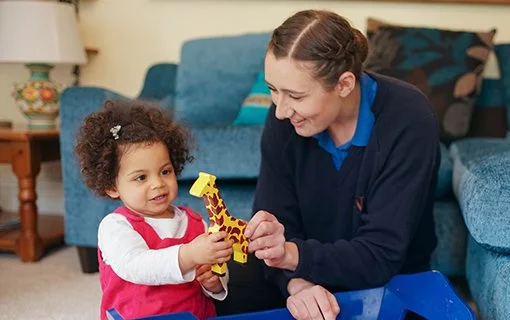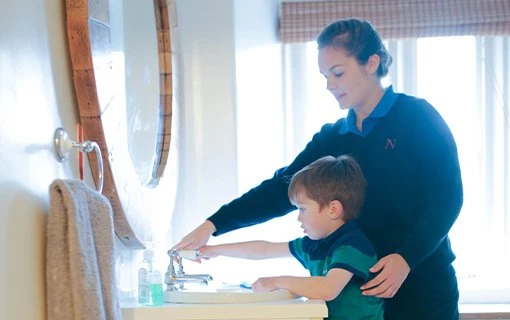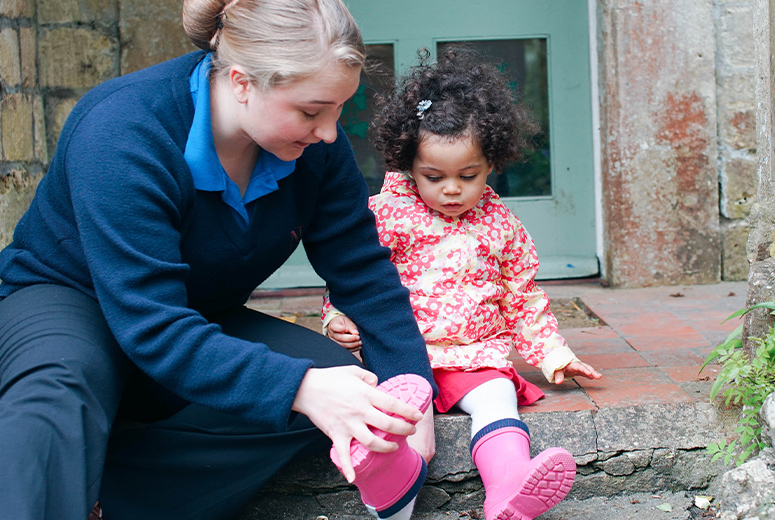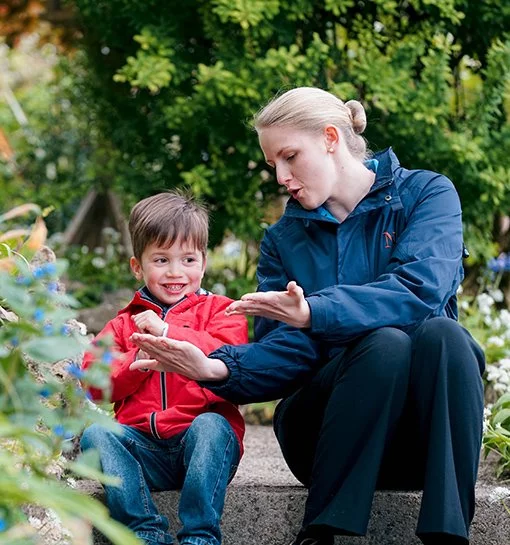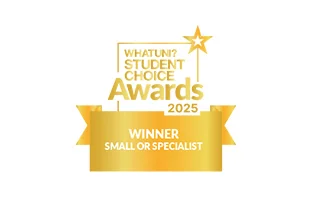Top tips for preparing to leave your child at nursery or school
21 August 2020

Julia Gaskell, Head of Consultancy and Training and a Norlander, provides some top tips on preparing children to return to nursery or school.
September is around the corner and many children have spent a long time at home. How can you prepare your child for a return to nurseries and schools?
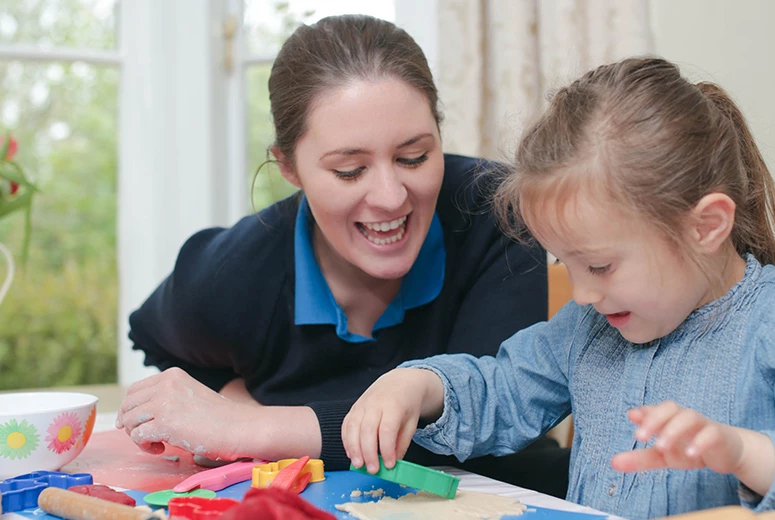
“Remember separation anxiety is very common and can peak at about six months to three-years-olds. Be assured that it is a normal part of development and most children grow out of it. Remember all children are unique and will respond differently.”
Here are my top tips:
Preparation is key!
Make sure you are organised for the first day back and leave yourself plenty of time to get there and stay if necessary. Do a practice run if you need to! Talk to your child about what they might need to take. Read stories about going to nursery/school so that they can build a narrative for themselves and ask questions.
Create a routine
Create a routine for leaving the house and arriving at nursery or school. Follow it consistently and calmly. For example, your child gets a toy, then finds their coat, then puts their shoes on. Play the same music or sound in the car on the journey and follow the same routine when arriving. This will help your child feel calm and able to predict what is going to happen. (We have a separate blog about establishing routines for children, which you may find useful.)
Create a goodbye ritual
This could be kisses and a little saying between the two of you (my daughter is 25 and we still say it to each other!). This ritual will help your child to feel special and loved and, again, will provide reassurance. Keep it quick and simple. Be prepared for tears! If you must leave them upset, make sure that the person you have left them with knows how to best comfort them. Do not mention that they have cried or make a big fuss about it afterwards.
Talk
Talk to your child about what they can expect when they get there – particularly as some of the routines will have changed due to coronavirus. Make sure that they know where the toilet is, where to hang their coat and put their bag – these little things can weigh heavily on a child’s mind if they are uncertain. If your child is particularly anxious, ask the nursery or school if you can visit beforehand so that your child can see where everything is. Make sure your child knows who to go to if they are having difficulties and that they feel safe. Talk through the day and what it might look like. Some children will benefit from a timeline in photos to look at which helps them orientate themselves during the day. Do not laugh or trivialise any fears that they might have, listen carefully, and answer honestly. (We have a separate blog about talking to children about coronavirus, which you may find helpful.)
Role model
Remember that you are always a role model to your child so remember to try to appear calm and matter of fact. It is common and perfectly normal to feel guilty and anxious but try not to convey that to your child – wait until after you have dropped them off to cry and get a hug!
Transitional object
Younger children in particular benefit from choosing something to take with them to nursery or school. It can provide a ‘bridge’ between home and the setting which makes the transition easier and helps them feel closer to home and their parents. Allow them to choose but try to ensure that is not too fragile, precious, or alive! Make sure you check with the setting as they might have their own rules. Don’t worry if it is always the same object. Some children benefit from having photos of loved ones or pets with them to look at when they are feeling sad.
You might also give them something that lets them know that you’re thinking of them. We call this ‘being held in mind’. For example, you could print a photo of the two of you and have one each and tell them that you’ll be looking at the photo during the day and will be thinking of them suggesting they could do the same.
Leaving
Never sneak off whilst your child is distracted. Always say goodbye even if it is upsetting for both of you. By sneaking off you create anxiety in your child, and they will be looking for you to disappear when you are with them making them clingier in the long run. If you are worried about your child, ask the setting if you can ring later to check on how they are doing – otherwise you will spend the day worrying! Avoid comparing yourself and your child to others – create your own system which works for both of you.
Short separations
If you think that you will have particular problems leaving your child, then you could start practising by leaving them for short periods of time and building it up gradually. This way your child will learn that you go but you also return.
Keep your promises
If you promise something, for example to pick them up at a certain time, make sure that you do. By keeping your word your child will feel more secure about being left and will know that you can be trusted.
Put a note in your child’s lunchbox
Put a note in with their lunch to remind them that you love them. Make sure that they can open any food packaging easily and quickly as most children do not have a long time to eat lunch.
Threats
Try to resist the temptation of saying “what will your teacher or key person think of this behaviour?” or “you will have to do this when you go to nursery or school” as it sets negative assumptions in their minds. Also try not to offer rewards, for example “if you don’t cry, I will buy you sweets”, as your child will come to expect something in return each time.
Use emotion coaching instead. Say “I know you’re feeling upset about starting nursery. Doing something new can feel a bit scary and strange sometimes. Remember we talked about this? I will be thinking of you and I’ll be here again to fetch you and hear about all the fun play you’ve had.” (We have a separate blog about emotion coaching and behaviour, which covers this technique in more detail.)
